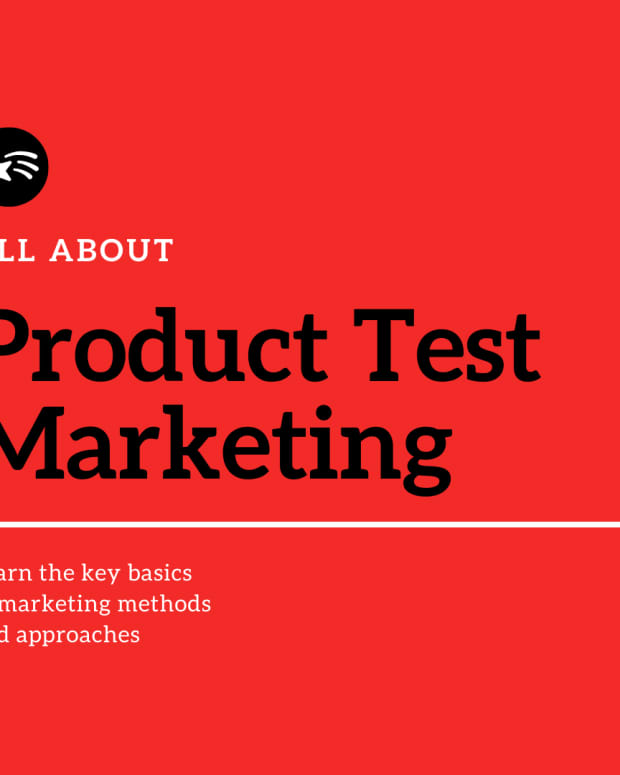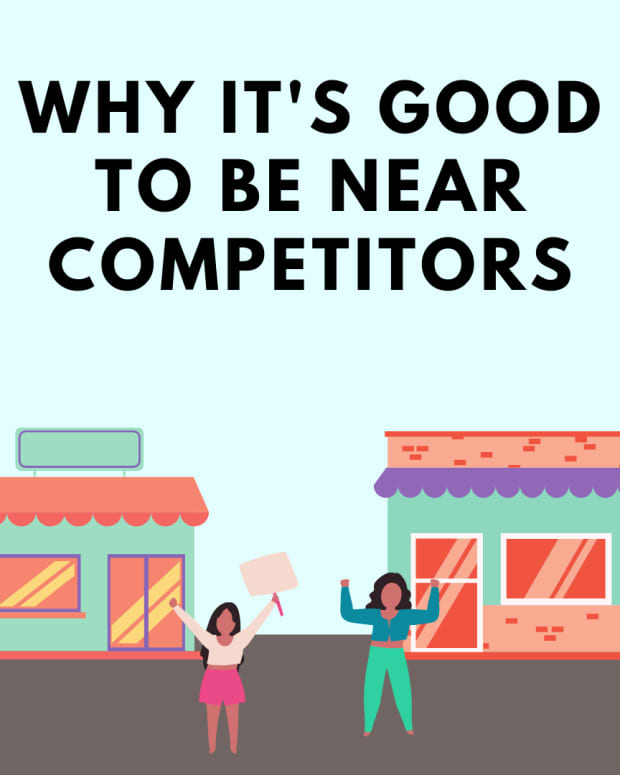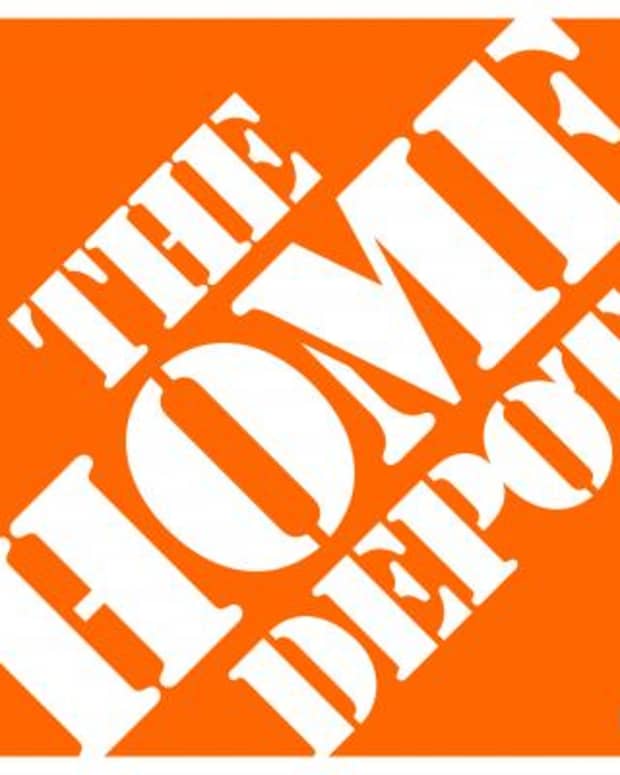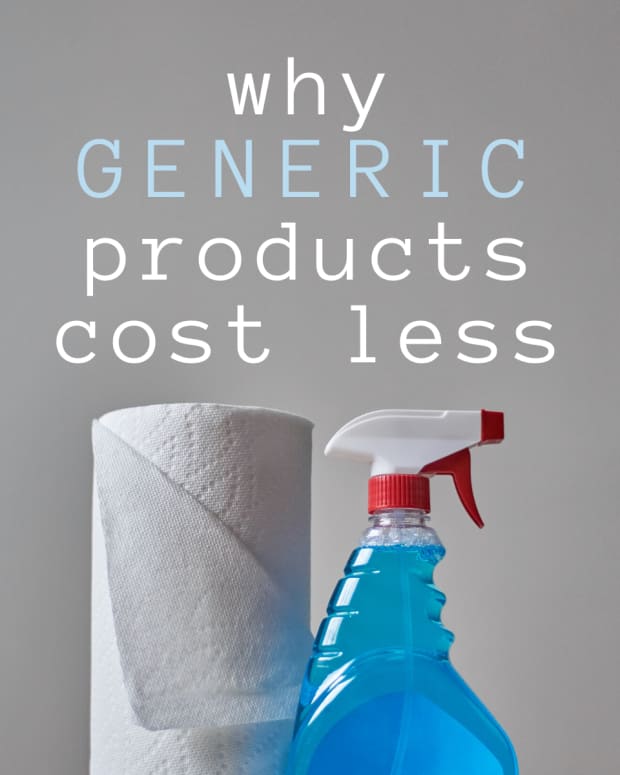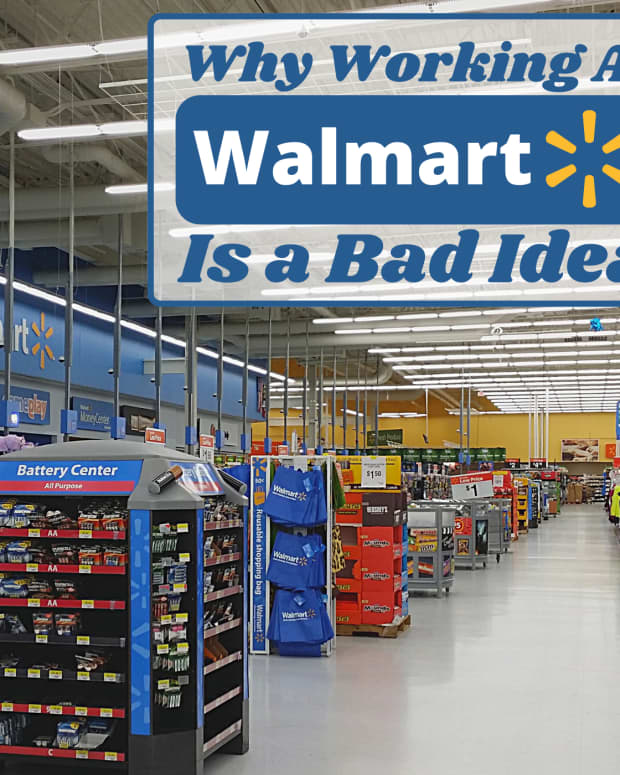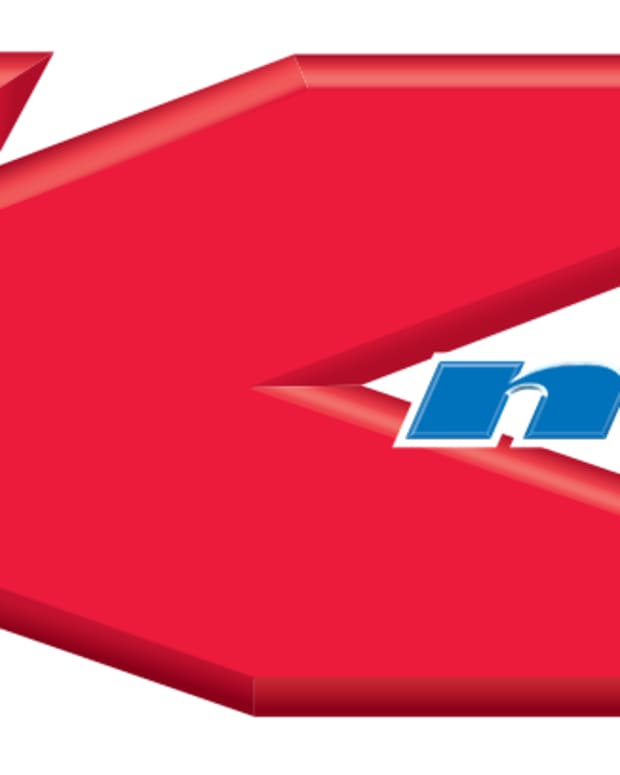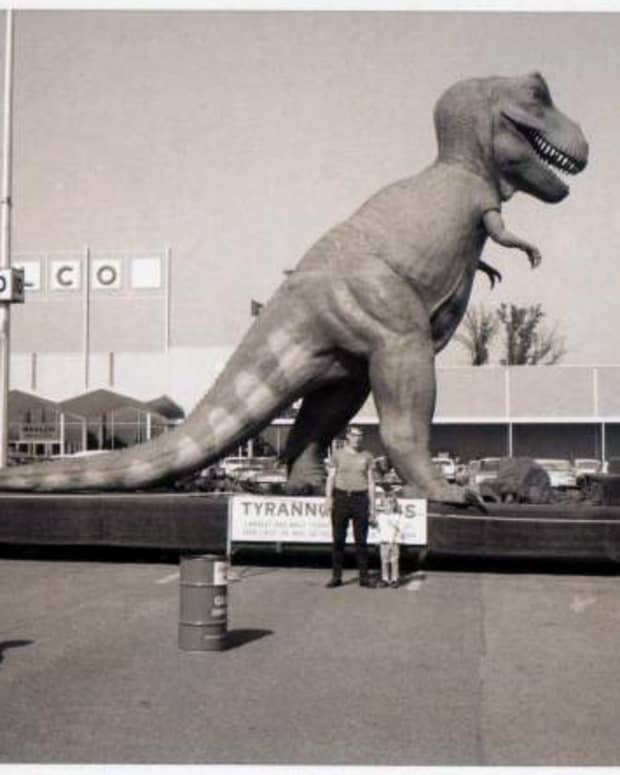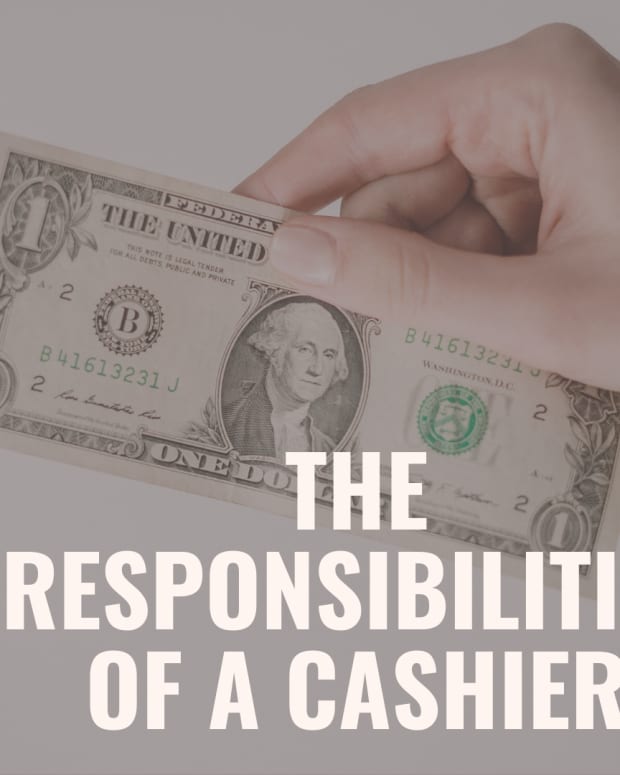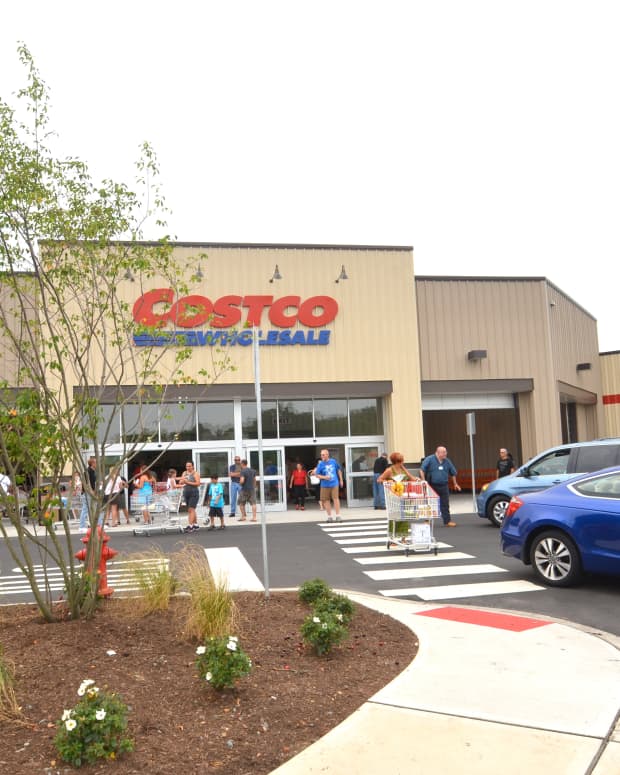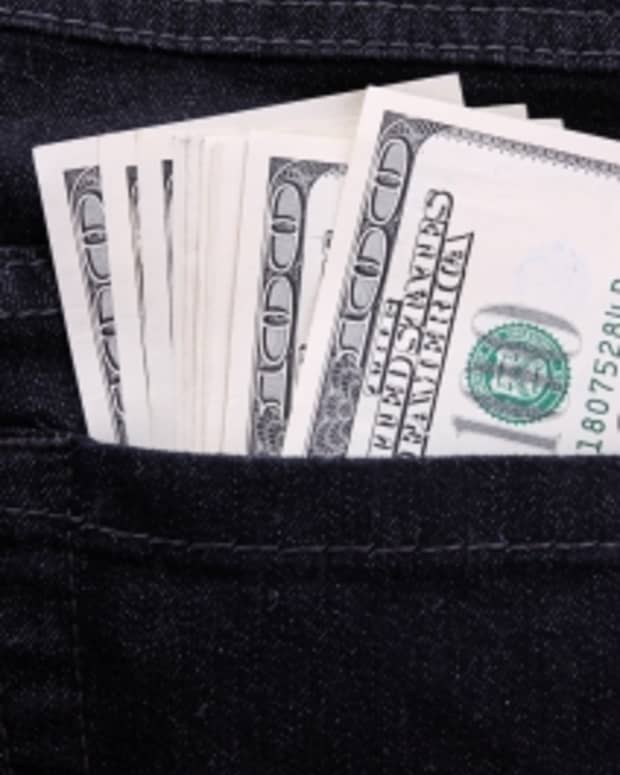Why Generic Products Cost Less
I have a degree in Literature and Education, and I have been writing for Hubpages for over 9 years.
It's fairly common for consumers to avoid generic products like the plague, believing them to be cheaply produced knockoffs of the original. However, there are multiple reasons why generic products are less expensive, and most of them have nothing to do with those products being inferior.
Research and Development
It takes money to develop and test new products. There can be years of trial and error before a new product is even ready for testing, and the more potentially dangerous the product, the more strenuous and expensive that testing can be.
There's also the possibility that consumers won't particularly like a new product, which can be money thrown straight down the drain that must be made up for through higher prices on other, more successful products (for example, Coca Cola had to pay for the failure of New Coke out of the profits from its other products).
另一方面,产品已经exists and is known to be popular, determining how it's manufactured, and developing an identical or possibly cheaper way to manufacture roughly the same thing is relatively inexpensive—particularly considering the fact that, for most products, the raw materials they're composed of are listed on the label. While there are certainly instances where the resulting generic product isn't quite as good as the name brand, the result is normally a virtually identical product with significantly less overhead cost. It's actually not uncommon for generic products to even be produced in the same factories as those that produce the name brand version (surprisingly, that's something that can even be true of generic drugs, and some pharmaceutical companies actually make generic versions of their own name brand products).
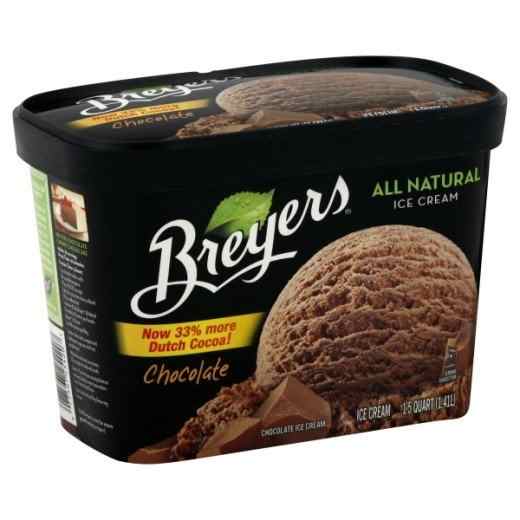
Aldi ice cream is terrible, but Harris Teeter All Natural Ice Cream is remarkably similar to Breyers, including the 5 or 6-item ingredient list.
Advertising
Every ad that you see on television and the internet, as well as those in newspapers, magazines, and even on billboards represents an increase in the cost of the item being presented. However, you'll never see an advertisement for the Great Value or Equate (Wal Mart generic brands) version of anything—although, in many cases, the label of those products will identify what name brand product those items are designed to emulate. If a product is advertised during the Super Bowl, there is only one revenue stream that can be used to cover the expense: the sales price must go up.
Generic Products are Primarily the Result of a Vertical Monopoly (The Legal Kind)
Generic products are also cheaper because fewer companies have to profit from their sale. A vertical monopoly is when all aspects of the life of a product are controlled by one company; in the case of generic products that can be bought off the shelf at a local retailer, those monopolies are legal because they don't exclude competition.
For example, Great Value salsa can be found on a shelf right beside Old El Paso salsa. There's nothing illegal about that. Still, consider the life of that Old El Paso salsa. Old El Paso (which is owned by General Mills, but I'm not going that far down the rabbit hole) likely hires a contract manufacturer to actually make its product, which is something the company producing a generic version must do as well (again, both companies may use the same contract manufacturer, and both name-brand and generic products may be made in the same factories).
Old El Paso must then distribute its product to retailers; however, Old El Paso doesn't sell enough of its product to send Old El Paso delivery trucks all over the country, so they have to use a third-party distributor. Then the product has to be sold to the public. Again, Old El Paso doesn't sell enough of its product to have Old El Paso outlet stores across the country, so they have to use third-party retailers like Walmart or local grocery stores.
So then, four companies—Old El Paso, the contract manufacturer, the distributor, and the retailer—have to profit from the sale of each container of Old El Paso salsa. By contrast, because Walmart handles its own distribution and retail, only two companies (Walmart and their contract manufacturer) have to profit from the sale of Great Value salsa, significantly reducing the cost to consumers.
By the way, this is the same reason why items at outlet stores are less expensive than the same items at other retailers; those companies are handling their own retail in those instances, so one less company is profiting from the sale of those products.
仿制产品更便宜primarily because they are the result of a more efficient process that avoids extra overhead costs. In fact, in the case of raw goods like sugar, flour, and milk, generic products have to go through the exact same manufacturing process as their name brand counterparts. There are occasionally generic products that simply don't measure up to their name brand equivalent (particularly if there is an unusually expensive ingredient or part that may have been replaced—and the more ingredients or parts a product includes, the more likely they are to be inferior), but for the most part buying generic will have no side effect beyond saving you money.
This content is accurate and true to the best of the author’s knowledge and is not meant to substitute for formal and individualized advice from a qualified professional.



